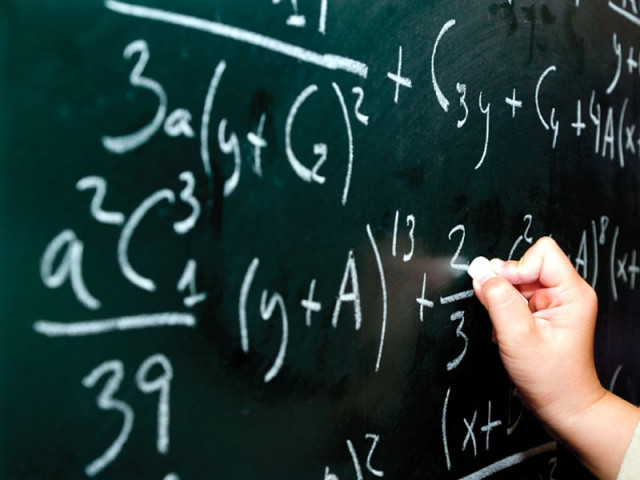Good thinking
K-P govt's initiative of expanding access to education for women and disabled persons represent an enlightened vision.

Previously, women over 25 were refused, but now there is to be no upper age limit for women wishing to advance their education PHOTO: FILE
The minister had more encouraging news. The upper age limit for women seeking admission to undergraduate programmes has been lifted. Previously, women over 25 were refused, but now there is to be no upper age limit for women wishing to advance their education. The effects of this are potentially profound and far-reaching. Mature women students, some of them married mothers in all likelihood, may now appear on campus. They have the opportunity to resume academic pursuits interrupted by matrimony and childbearing, and potentially enter the workforce as graduates in the foreseeable future. It was also announced that two new women’s degree colleges are to be set up, one in Abbottabad and the other in Nowshera, which is also going to increase opportunities for women in a province that in large part still struggles to get to grips with the fact that women have the vote, and the right to exercise that vote. Both of these initiatives — expanding access to education for women and education for people with disabilities — represent an enlightened vision, but both present significant challenges in terms of turning words into deeds, and deeds to measured outcomes. If the K-P government puts its money where its mouth is, then a brighter future beckons.
Published in The Express Tribune, May 24th, 2014.
Like Opinion & Editorial on Facebook, follow @ETOpEd on Twitter to receive all updates on all our daily pieces.













COMMENTS
Comments are moderated and generally will be posted if they are on-topic and not abusive.
For more information, please see our Comments FAQ